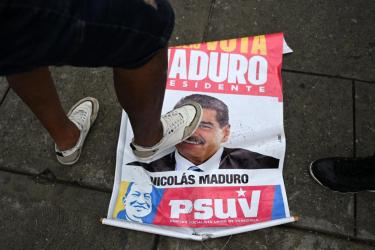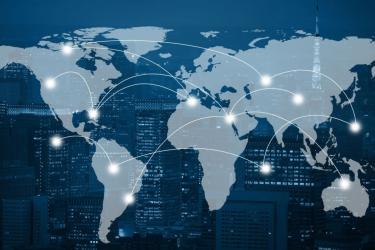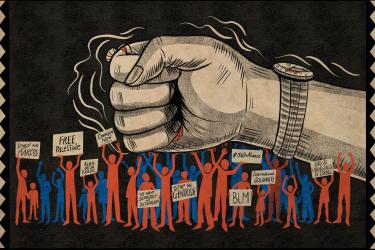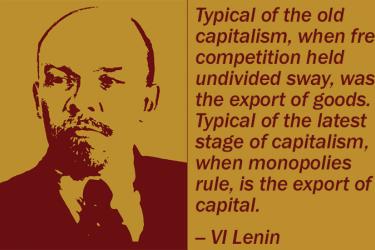Imperialism
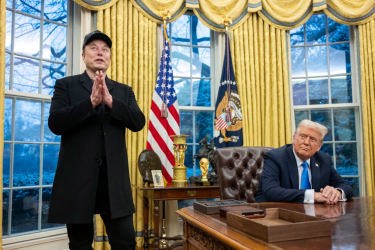
Trump 2.0: A new stage of imperialism
Paul Clarke — We are facing a new era of heightened US nationalism, imperialist bullying and oligarchic rule by diktat.
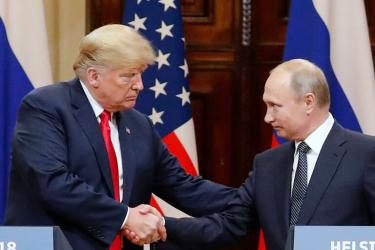
The Trump-Putin axis and its impact on global politics
Peter Hudis — Trump’s forging of a political alliance with Putin at the expense of Ukraine may not be totally unexpected, but its speed and extent represent a dramatic transformation of world politics.
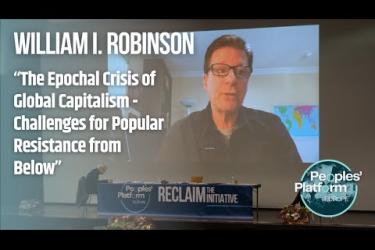
The epochal crisis of global capitalism — Challenges for popular resistance from below
William I Robinson — Faced with an unprecedented crisis of epochal proportions, global capitalism’s extermination impulse is rising to the surface. Never has the slogan “resist to exist” been more opportune and appropriate.
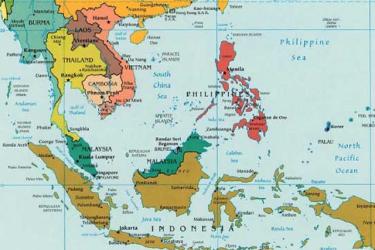
Asserting a Philippine foreign policy of cooperative peace for the Southeast Asian Sea
Rasti Delizo — The geostrategic rivalry between the US and China sharply rages on throughout the Eastern Hemisphere, impinging on the littoral states around the Southeast Asian Sea.

Imperialism: ‘Antagonistic cooperation’ or antagonistic contradictions? A reply to Promise Li
Michael Pröbsting — Imperialism today is not a system characterised by “antagonistic cooperation” but rather by antagonistic contradictions.
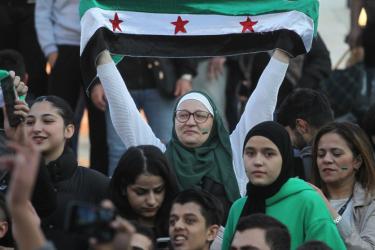
Syria, geopolitics and the left
Santiago Alba Rico — The role and bias of this geopolitical obsession becomes very clear as soon as one compares the different attitudes toward Palestine and Syria.
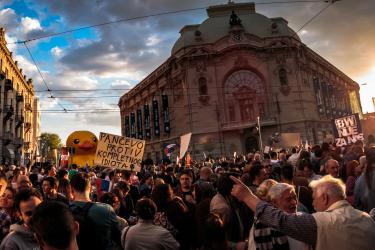
Serbia in 2024: A mirror on capitalism’s global crises
Dmitry Pozhidaev — In 2024, Serbia offered a particularly clear reflection of the three core dimensions of capitalism’s crisis: political, economic and systemic.

